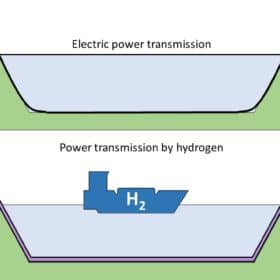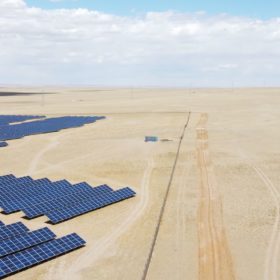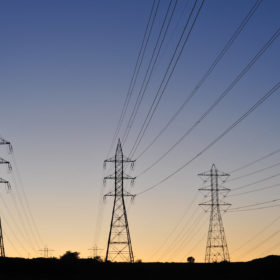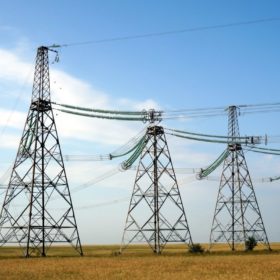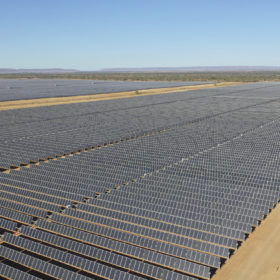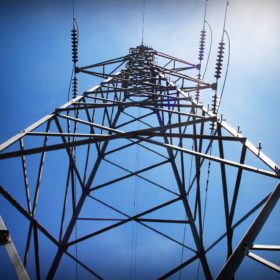Hydrogen shipping vs submarine cables
Hydrogen transportation and submarine power lines have been compared by an international research team to find out which may be the cheapest option to connect for energy exchange regions separated by the sea. According to their findings, the hydrogen shipping alternative does not present very good prospects of applicability in the future, unless some disruptive technological breakthroughs are made. What makes compressed and liquified hydrogen ships still attractive, however, is that they can export energy almost anywhere, and that electrolysis and liquefaction plants are relatively easy to expand compared to marine cables.
Mongolia has first smart grid management system installed–from the UK
Covid-19 border closures meant the first ‘active network management’ system was planned and commissioned for the Asian nation by the U.K. division of Saudi-owned smart grid specialist ZIV Automation.
Solar could play big role in helping renewables displace UK’s planned gas fleet
Each 1.8 GW of new gas generation capacity could be replaced by 1.7 GW of solar as part of a cleaner, 6.3 GW collection of renewables and energy storage facilities–and that alternative already comes in cheaper than the business-as-usual approach, according to the Carbon Tracker thinktank.
PV can cover almost half of typical office buildings’ electricity demand
Scientists in Germany have estimated that roof and facade PV systems can cover almost 40% of the total requirements of a standard office building, assuming that no battery storage is installed.
UK installs 5 MW ultracapacitor as ‘sonar’ to detect power grid inertia
Electricity system operator National Grid is planning for a fully decarbonized power network in five years. Following a power outage last year, the operator has taken a pioneering role in finding solutions to the issues of running a grid using only power-electronics-interfaced resources. One key aspect of grid stability, inertia, can be detected using an ultracapacitor.
The future of power electronics is distributed, aggregated and service oriented
IHS Markit released a white paper in which the analyst outfit shared some predictions for the power electronics market. First and foremost, inverters will become smarter, and after some power outages in key markets, these devices are gearing up to take on more grid stabilizing tasks, which hitherto had been reserved for synchronous generators.
Enel plans to drive 120 GW of renewables capacity by 2030
The Italian energy business plans to spend €70 billion on clean energy this decade and also announced plans to invest in e-mobility and grid flexibility, in concert with outside investors.
Toshiba and Next Kraftwerke prepare for Japan’s energy transition
The electronics brand has announced plans for a virtual power plant aggregator JV with German specialist Next Kraftwerke ahead of the opening up of the control reserve market in Japan in April – and the planned switch from clean energy FITs to feed-in premium, top-up payments a year later.
Corporate funding for battery storage up 75%
Analysts at Mercom Capital Group have tallied up corporate funding, venture capital and debt and public market investment for battery storage, smart grids and energy efficiency companies. From a financial perspective, the industry appears resilient to the Covid-19 crisis and ready to grow further.
‘Solar is the new king of energy markets’
The advance of PV has been lauded by the International Energy Agency as it launched the latest edition of a flagship World Energy Outlook 2020 report overshadowed by the Covid-19 crisis and uncertainty over how long the economic recovery could take.
